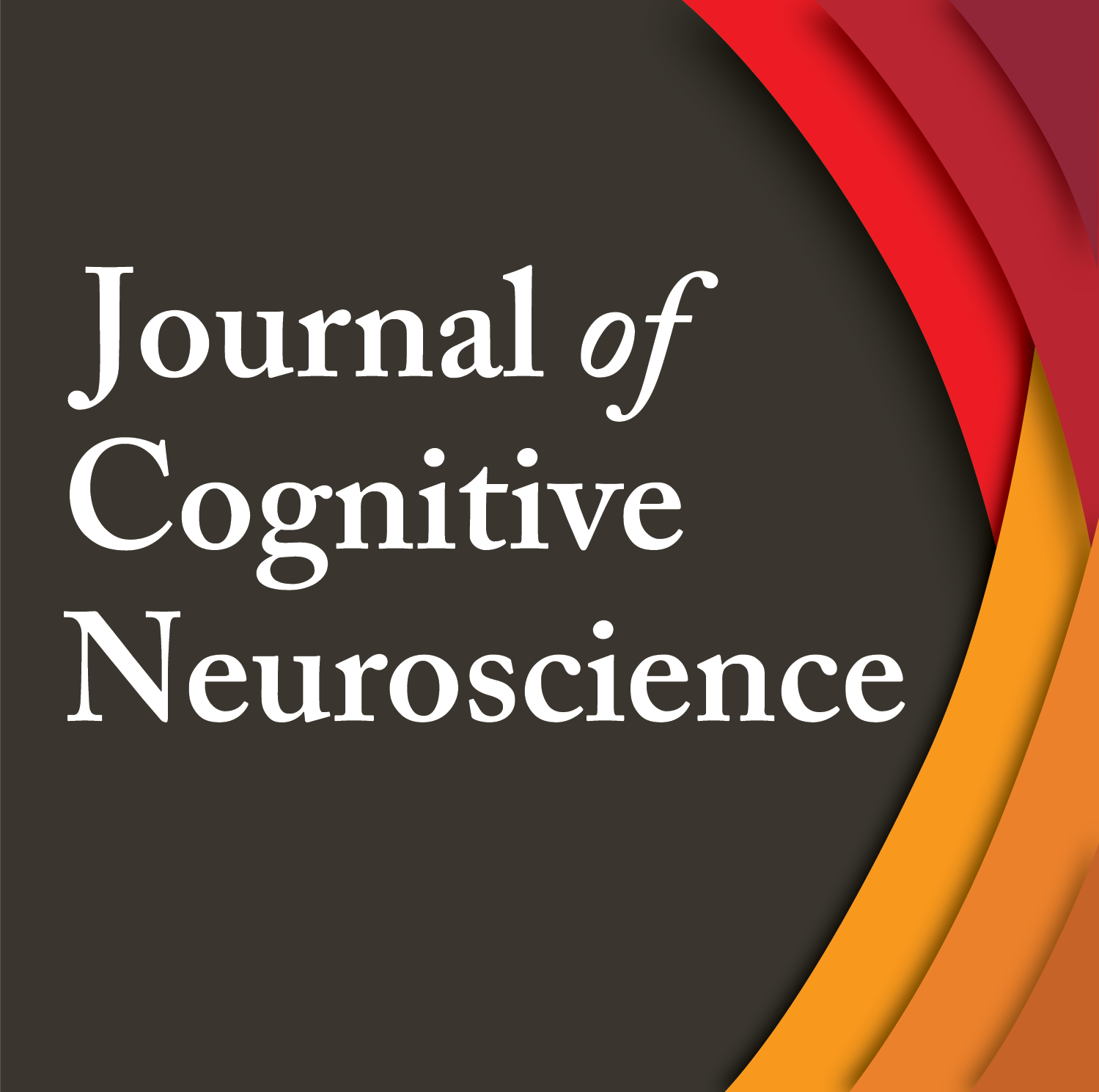Abstract
Traditional motor learning theory emphasizes that skill learning is specific to the context and task performed. Recent data suggest, however, that subjects exposed to a variety of motor learning paradigms may be able to acquire general, transferable knowledge about skill learning processes. I tested this idea by having subjects learn five different motor tasks, three that were similar to each other and two that were not related. A group of experimental subjects first performed a joystick-aiming task requiring adaptation to three different visuomotor rotations, with a return to the null conditions between each exposure. They then performed the same joystick-aiming task but had to adapt to a change in display gain instead of rotation. Lastly, the subjects used the joystickaiming task to learn a repeating sequence of movements. Two groups of control subjects performed the same number of trials, but learned only the gain change or the movement sequence. Experimental subjects showed generalization of learning across the three visuomotor rotations. Experimental subjects also exhibited transfer of learning ability to the gain change and the movement sequence, resulting in faster learning than that seen in the control subjects. However, transient perturbations affected the movements of the experimental subjects to a greater extent than those of the control subjects. These data demonstrate that humans can acquire a general enhancement in motor skill learning capacity through experience, but it comes with a cost. Although movement becomes more adaptable following multiple learning experiences, it also becomes less stable to external perturbation.

